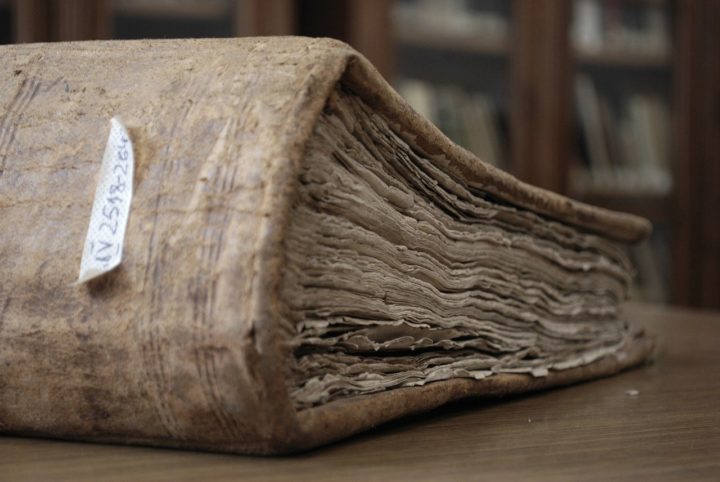Despite their richness and diversity, literary archives have become increasingly vulnerable to loss or destruction. They lack the legislative protection afforded to other central records and historically there has been little best-practice guidance available to literary archivists.
Building on the University of Reading’s strong reputation for collections-based literary research, Dr David Sutton is helping to overcome these challenges by influencing how literary and personal papers are collected, managed and perceived around the world.
Sutton has contributed to the protection of literary archives through his involvement in the UNESCO Memory of the World Programme, while his research has directly informed the development of professional standards used by the International Council on Archives and led to the establishment of clear guidance for authors wishing to dispose of their literary archives. He has also influenced the approach of the World Intellectual Property Organisation to promoting archival collections in countries unable to afford excessive copyright fees.
His research on the role of literary archives and diaspora in the archive and library sector has prompted many institutions to reflect upon the ethics of their collecting policies. In sub-Saharan Africa, this research has contributed to an emerging understanding that literary archives and other personal papers form as much a part of a country’s cultural heritage as museum artefacts. His engagement in this region has contributed to the collecting policies of the National Archives of Namibia, as well as inspiring groups in Cameroon, Malawi and Tanzania to explore the potential of creating their own national collections.
Find out more
Diasporic Literary Archives Network (project website)
Background paper on Archives and Copyright (World International Property Organisation Standing Committee on Copyright and Related Rights), April 2019
View the full impact case study on the REF 2021 website: Safeguarding, enriching and enabling literary archives through sub-Saharan African case studies and copyright law

